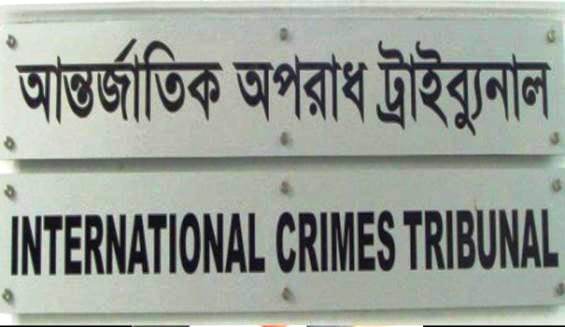Brussels – Rome, 8 April 2016
On Sunday 10 April 2016, the review petition filed by Mr Motiur Rahman Nizami against his death warrant is due to be heard, following a one-week deferral, before the Bangladesh’s Appellate Division of the Supreme Court. This is the last stage of the legal process in appealing against his execution, other than to seek a presidential pardon. On 24 October 2014, Mr Nizami, leader of the Jamaat-e-Islami opposition party, was sentenced to death by the Bangladesh International Crimes Tribunal (ICT) on charges of planning, ordering and committing murders and rapes, among other serious crimes allegedly committed during the 1971 war of independence.
On 8 March 2016, the Supreme Court also upheld the death sentence against Mir Quasem Ali, another Jamaat-e-Islami leader. Mir Quasem Ali had been sentenced to death in November 2014 by the same tribunal.
To date, the ICT has handed down at least 17 verdicts, of which the majority are death sentences. Of those tried and sentenced, 10 are key leaders of the Jamaat-e-Islami. Of these, four leaders have already been executed.
Statement by Alison Smith, Legal Counsel of No Peace Without Justice:
“No Peace Without Justice (NPWJ) and the Nonviolent Radical Party, Transnational and Transparty (NRPTT) are deeply concerned about the latest death sentences handed down against two key leaders of the Jamaat-e-Islami by the Bangladesh International Crimes Tribunal (ICT).
“We continue to deplore that, as in previous trials before the ICT, the judicial proceedings which have led to these verdicts have been marred by serious violations of due process rights and international fair trial standards. These major flaws include the blatant inequality of arms between the defence and the prosecution, intolerable pressures by the prosecution on witnesses, and a concerning lack of relevant evidence to substantiate the charges and individual criminal responsibility of both convicts (including during the appeals before the Bangladeshi Supreme Court).
“These latest judgments further confirm the inability and unwillingness of the International Crimes Tribunal (ICT) and the Bangladesh judicial system in general to apply international standards in the enforcement of crimes under international law and to provide credible and legitimate accountability to the massive atrocities committed during the nine-month conflict in 1971, from which Bangladesh traumatically emerged as an independent State and which haunt the country to this day.
“By targeting through its investigations the current leadership of opposition political parties for their role during the conflict and by handing down the death penalty against several individuals on trial before it, the ICT has inevitably reinforced the perception that its proceedings are being used to serve political interests rather than to deliver justice for victims and address the crimes of the past. Bangladesh’s consistent ignoring of the legitimate widespread concerns and persistent demands for reform by the international community, including official rulings by United Nations bodies, only adds fuel to these claims.
“Bangladesh cannot continue to turn a blind eye to these concerns and demands. We call on the Bangladeshi Government to institute an immediate moratorium on the death penalty handed down against Mr Nizami and Mr Quasem Ali and others convicted by the ICT and to give effect to the promise of real justice for victims that it made when ratifying the Rome Statute of the International Criminal Court some five years ago.
“We look to the international community to take concrete steps to ensure that Bangladesh complies with its international human rights and other treaty obligations. This includes the immediate and categorical exclusion of the death penalty for individuals accused by ICT and the application in full of all due process guarantees, to the highest international standards. If the ICT continues to be used to pursue narrow partisan aims, it will only have the effect of creating further violence and hamper the chances for meaningful reconciliation that the people of Bangladesh deserve.”
For further information, contact Alison Smith on asmith@npwj.org or +32-2-548 39 12 or Nicola Giovannini on ngiovannini@npwj.org or +32-2-548-3915.




